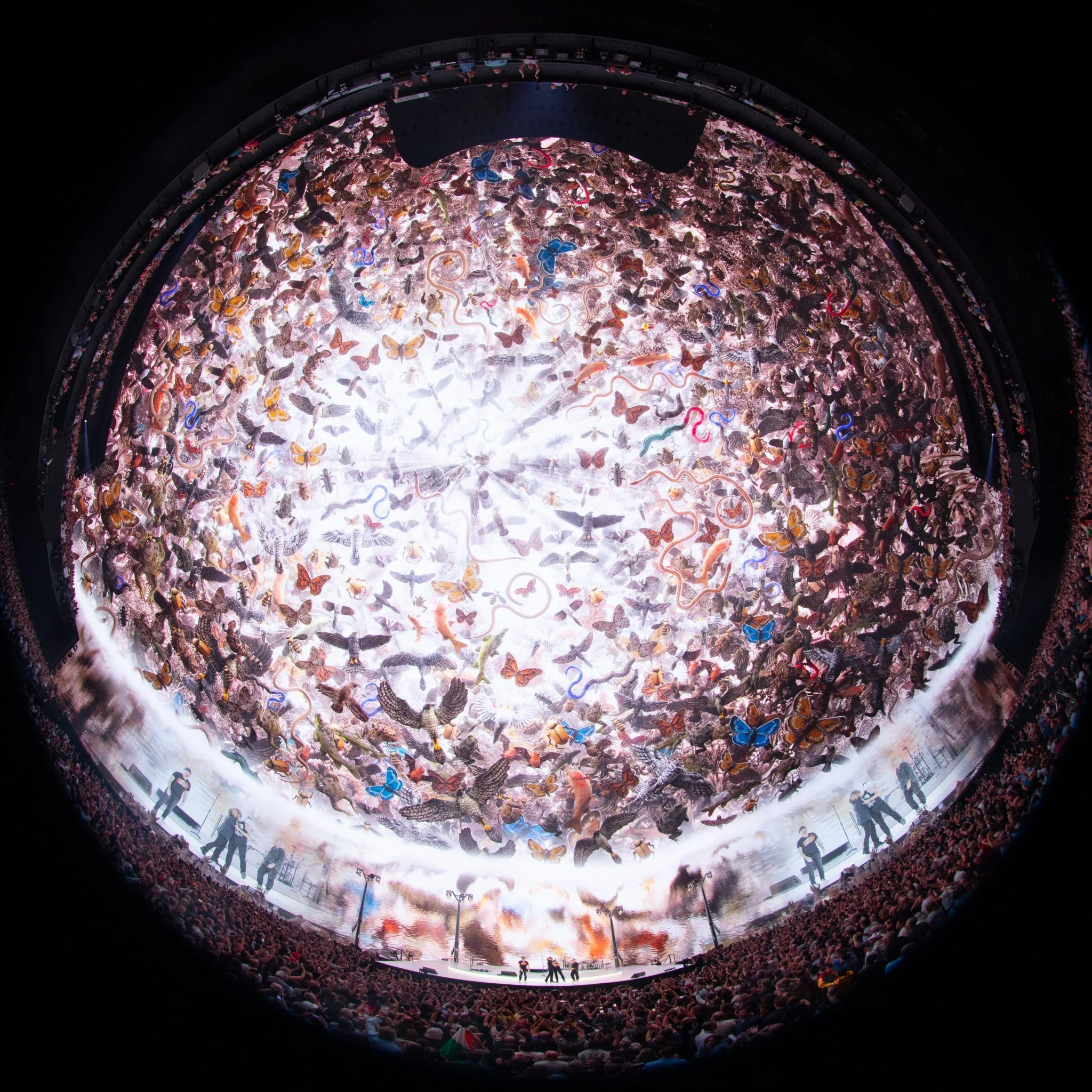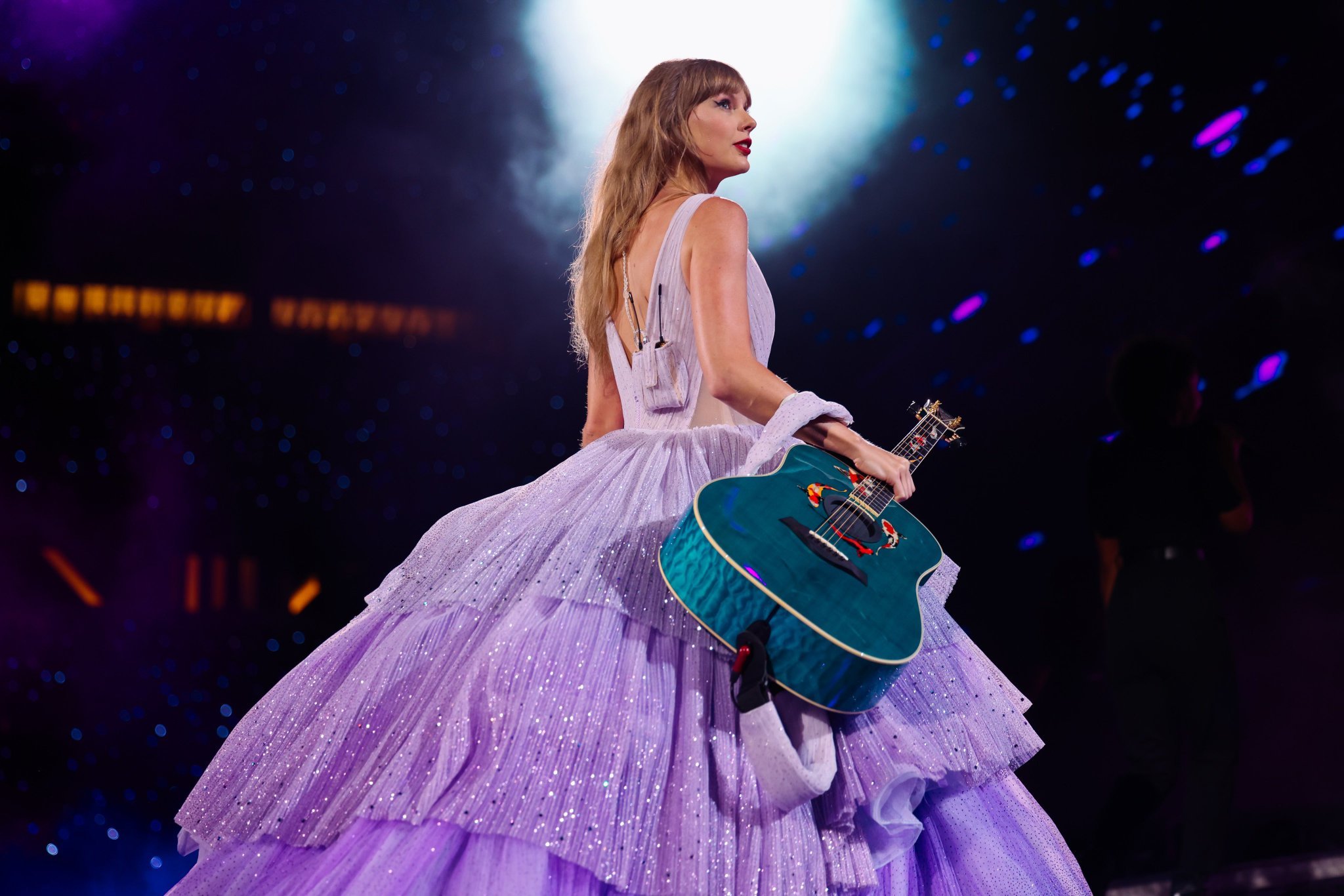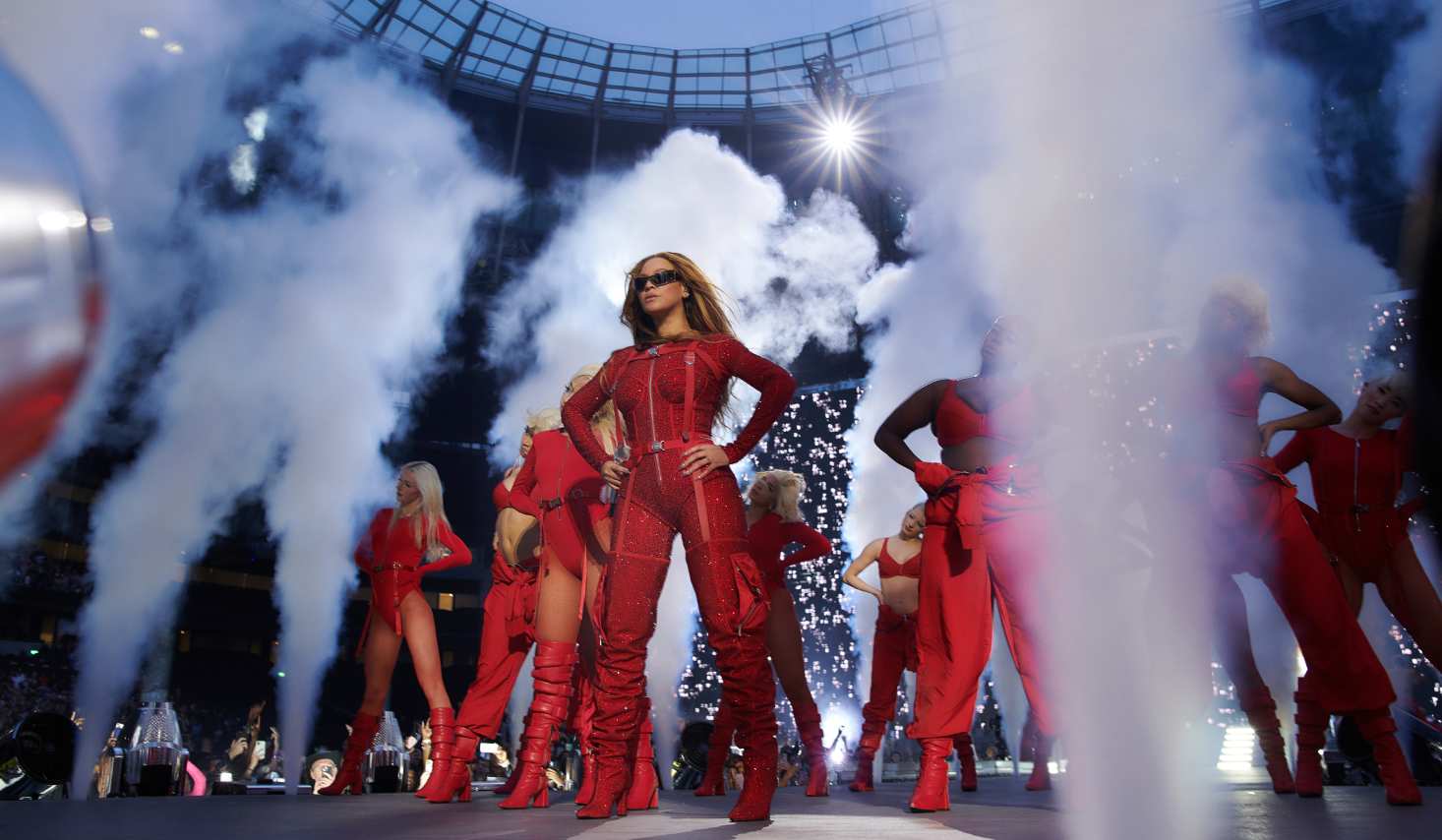Seeing, feeling, living.
Unpacking the state of live music in 2023 and what’s to come.
U2 at the Vegas Sphere, taken by Ross Stewart.
Live music is alive again!
How many of you have attended at least one live concert this year? (Including Lolla, I’m at three so far.) 2023 has undoubtedly been a great year for live events, from Taylor Swift’s decade-defining “The Eras Tour” to Beyonce’s groundbreaking “Renaissance World Tour.” According to Forbes, outside of Swift and Beyonce, the top live acts of this year include Ed Sheeran, Coldplay, P!nk, Harry Styles, Elton John, Morgan Wallen, Luke Combs, and The Weeknd.
Though the live music industry suffered some extreme losses during the pandemic, with revenues (understandably) falling off a catastrophic cliff of over 75 percent in 2020, revenues this year have entirely rebounded from and even surpassed pre-COVID levels in 2019. Last year was already a substantial improvement from 2021, with total US revenues coming in at 20.3 billion, but slightly lower than the 21.5 billion in 2019. This year, revenues are projected to be approximately 23.0 billion. For one of the top players in the market, Live Nation Entertainment, Q2 revenues for 2023 are 27% percent higher than Q2 in 2022.
Taylor Swift at Levi’s Stadium, taken by Jeff Kravitz / Getty Images.
Major festivals this year have also seen recovering attendance and sales. Chicago’s Lollapalooza held in August drew in over 400,000 attendees and boosted the local economy by 422 million dollars. Earlier in April, Coachella drew in around 500,000 over its two weekends. The CMA Fest in Nashville grew by 12% in attendance as well, with more than 90,000 festival-goers each day over four days. Similarly, Musikfest, held in Bethlehem, Pennsylvania, established a new record of 1.33 million attendees in its 40th year, eclipsing the previous record of 1.24 million set just the year prior in 2022.
Recently, Allied Market Research published a Live Events report citing music concerts as one of the primary drivers of growth in the industry. Variety also partnered with United Talent Agency to publish a special live music business report titled “Peak Performance,” concluding that “an unprecedented performance amps up the future of the live music business.” Notably, the report found that an average ticket is currently $122.48; additionally, almost 80% percent of people at least “agree a little” that attending live concerts has become important to them since COVID-19. Ticket sale revenues are projected to surpass 25 billion in 2026, which, although is great news for the industry, hopefully do not come at the cost of concert goers who have to continually face surging ticket prices. (The report discusses this trend in further detail, but unfortunately it is hidden behind a subscription paywall.) Disregarding inflation, prices may also be rising due to higher transportation costs, as travel service companies are still recovering from the pandemic.
Beyoncé at Tottenham Hotspur Stadium, taken by Live Nation.
In other live music news, on September 29th the Irish rock band U2 were the first performers at Las Vegas’ newest venue “the Sphere.” As its name suggests, the auditorium is a spherical dome that has revolutionized the concert experience by completely immersing the audience in a world of music and art. The 360 degree 16K LED screens that surround the 19,000 fans even have 4D physical effects. In fact, Madison Square Garden Company is planning on building a similar venue in Stratford, East London. As more artists perform at the arena, I look forward to hearing more of public opinion on the experience of the venue.
Despite some temporary setbacks, the live music industry is now back stronger than ever. The growth of the industry is clearly unstoppable as fans continue to seek more intimate and more exciting experiences with their artists. In a world where human interaction is increasingly reliant on technology, let us celebrate the success of unique, tangible, and electrifying performances that will be etched into our memories forever.
edited by Kristen Wallace, Copy Editor.
photos taken by Ross Stewart, Jeff Kravitz / Getty Images, & Live Nation.



